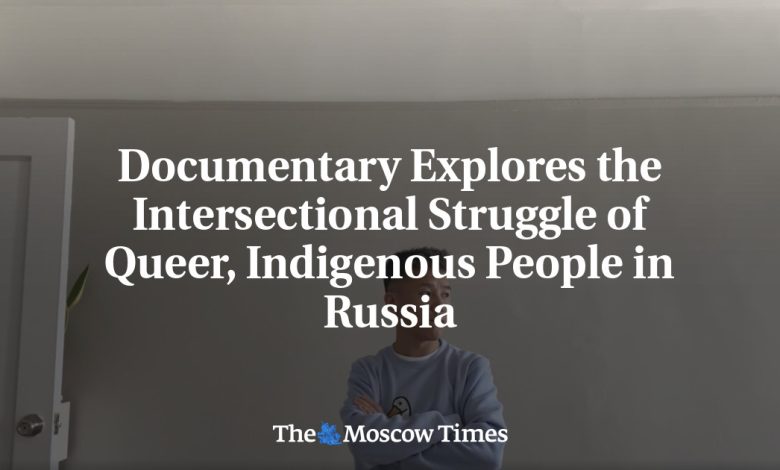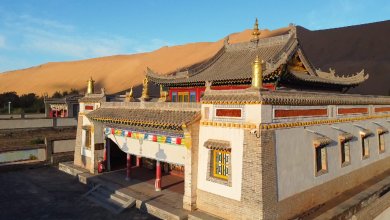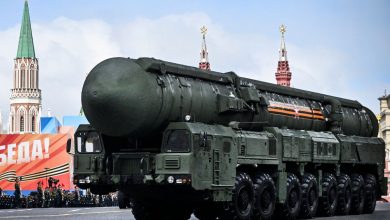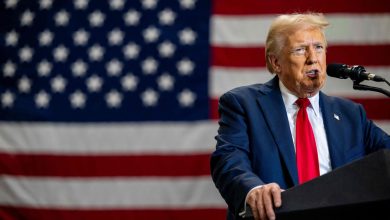Documentary Explores the Intersectional Struggle of Queer, Indigenous People in Russia

Mira also grapples with his relationship with Islam.
Volga Bulgaria, the historical Bulgar state that many consider to be the direct predecessor of modern Tatarstan, adopted Islam as the state religion in 922.
In the centuries since, Islamic traditions became firmly woven into the fabric of Tatar cultural identity.
And while most Tatars who practice the religion dismiss the very existence of LGBTQ+ people, those dubbing themselves as “progressive” often advocate for a complete break with Islam and traditions influenced by it.
“It is important for me to keep a connection with Islam, even though I am not religious myself,” Mira says.
Like most projects undertaken by Indigenous and decolonial organizations from Russia — who consistently suffer from lack of funding — “Intersections” is almost entirely the product of volunteer efforts.
But what it lacks in production and video quality, it makes up for in originality.
While the protagonists of “Intersections” grapple with a variety of struggles and philosophical dilemmas, the filmmakers admit that they were only able to “scratch the surface” of this extensive topic in 30 minutes of screentime.
“The key message of our movie is that we, the people living on this planet, are many, we have a different past and present, we look different and we have differing souls, but we also have more things in common than not,” said Alexey.
“Each one of us has their own story…and I wish that all of us would learn to listen and hear the stories of others.”
You can watch “Intersections” (in Russian) here.





